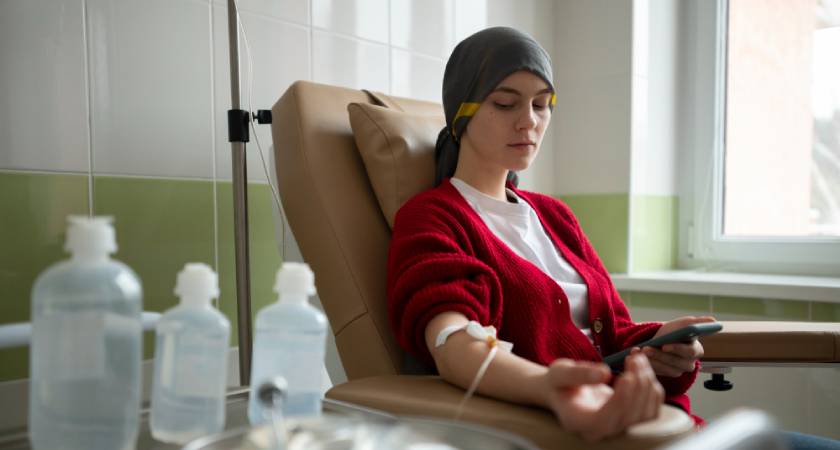In the complex landscape of cancer treatment, chemotherapy stands as a cornerstone, playing a pivotal role in the battle against this formidable disease. This blog aims to shed light on the significance of chemotherapy, exploring why it is a crucial and effective tool in the comprehensive approach to cancer treatment.
Understanding Chemotherapy:
Chemotherapy refers to the use of drugs to kill or inhibit the growth of rapidly dividing cells, including cancer cells. While it is a systemic treatment that affects the entire body, its primary focus is on targeting cells that divide rapidly, a hallmark of cancer cells.
7 Key Reasons Why Chemotherapy is Useful in Cancer Treatment:
- Targeting Rapidly Dividing Cells: Cancer cells divide at an accelerated rate compared to normal cells. Chemotherapy exploits this characteristic, aiming to selectively target and destroy cancer cells while minimizing harm to healthy, slower-dividing cells.
- Adjuvant Therapy: Chemotherapy is frequently used as adjuvant therapy after primary treatments like surgery or radiation. It serves to eliminate any remaining cancer cells that may not be visible or accessible through other means, reducing the risk of recurrence.
- Shrinking Tumours before Surgery or Radiation: Neoadjuvant chemotherapy is administered before surgery or radiation to shrink tumors, making them more manageable for subsequent interventions. This approach is particularly beneficial in cases where complete surgical removal of the tumor might be challenging.
- Treating Metastatic Cancer: In cases where cancer has spread to distant organs or tissues (metastasis), chemotherapy becomes a vital tool. Its systemic nature allows it to reach cancer cells throughout the body, addressing tumors that may be challenging to target with localized treatments.
- Combination Therapies: Chemotherapy is often used in combination with other treatment modalities such as surgery, radiation, and immunotherapy. This synergistic approach enhances the overall effectiveness of cancer treatment by targeting the disease through multiple mechanisms.
- Managing Blood-Related Cancers: Blood cancers, such as leukaemia and lymphoma, involve abnormal cell growth in the blood and bone marrow. Chemotherapy is a key treatment modality for these cancers, helping to eliminate abnormal cells and restore normal blood cell production.
- Control and Palliation: In cases where a cure may not be achievable, chemotherapy can still play a crucial role in controlling the growth of cancer, relieving symptoms, and improving the quality of life for patients through palliative care.
Conclusion:
Chemotherapy, with its ability to target and disrupt the growth of cancer cells, remains an indispensable tool in the oncologist’s arsenal. While it is not without its challenges and side effects, the advancements in chemotherapy protocols and drug development continue to refine its efficacy and reduce associated risks. As research progresses, the future holds promise for even more targeted and personalized approaches to chemotherapy, further enhancing its role in the multifaceted landscape of cancer treatment.
Chemotherapy can be an effective cancer treatment, but it can also have adverse effects. Before starting the treatment, talk with Dr Lalit Banswal, a chemotherapy specialist in Pune, about which side effects are most likely, how long they might last, and how severe they might be. If side effects occur, the cancer care team may be able to help manage them. Treatments and coping techniques can ease and relieve many chemotherapy side effects.

